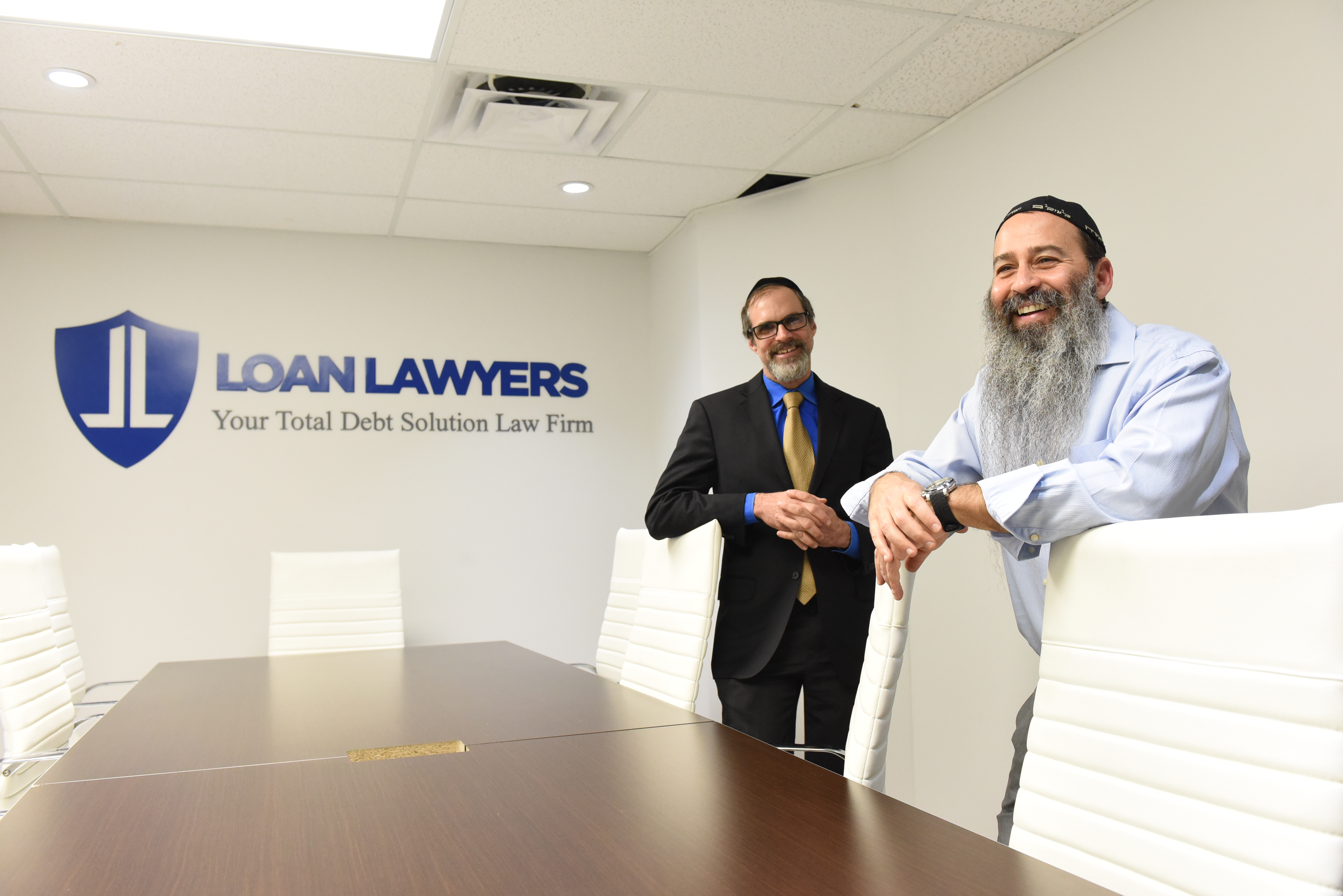
If you are being sued by creditors for debts you owe, the end result may be wage garnishment or bank levies, which may have a devastating impact on your life. If you are facing this situation, chances are you cannot afford to have bank accounts seized or 25 percent of your wages garnished every pay period involuntarily. You can stop creditors’ merciless collection efforts in their tracks by filing for bankruptcy relief.
Immediately upon filing for bankruptcy, the automatic stay takes effect. The automatic stay freezes debt collection efforts, including garnishments, foreclosure, and other legal proceedings, to allow debtors an opportunity to catch their breath while trying to fix their financial situation.
As soon as the bankruptcy is filed, as a matter of law, wage garnishments and bank levies must stop. Funds withheld by employers before the bankruptcy is filed, that have not yet been released to the creditor, are generally returned to the debtor after a bankruptcy is filed. In some cases, employers will require the creditor to file a dissolution of the writ of garnishment before this is done, which oftentimes occurs after the bankruptcy is filed if the debt is dischargeable.
In other circumstances, funds garnished and released to creditors within the 90-day period prior to filing for bankruptcy may be recovered if certain criteria are met. The premise for this action is that one creditor cannot receive preferential treatment in the 90-day period prior to filing bankruptcy as compared to other creditors. The law favors fair and equal treatment. Where would the recovered money go? That depends on whether the funds that were seized were exempt (protected). If so, it would likely revert to the debtor. If not, it would go toward the bankruptcy estate, which may still benefit the debtor. There are certain debts that are not wiped out in bankruptcy (such as certain tax liabilities, domestic support obligations, and student loans). However, the bankruptcy trustee must pay priority debts (such as tax liabilities) before any unsecured creditors (such as credit card debts) get a penny. Therefore, if the bankruptcy trustee is able to recover garnished or seized funds and you owe the IRS, for example, the recovered funds would go toward that debt before anything else. Since this is a non-dischargeable priority debt that is not wiped out in Chapter 7 bankruptcy (unless certain requirements are satisfied), it benefits debtors when this debt is reduced or maybe even paid off.
There are various options available. It is important that you call a bankruptcy attorney to see if bankruptcy is the right option for you and to see which chapter would best suit your needs.
Loan Lawyers has helped over 5,000 South Florida homeowners and consumers with their debt problems, we have saved over 1,500 homes from foreclosure, eliminated $1,000,000 in mortgage principal and consumer debt, and have collected millions of dollars on behalf of our clients due to bank, loan servicer, and debt collector violations, negligence and fraud. Contact us for a free consultation to see how we may be able to help you.
- About the Author
- Latest Posts


























